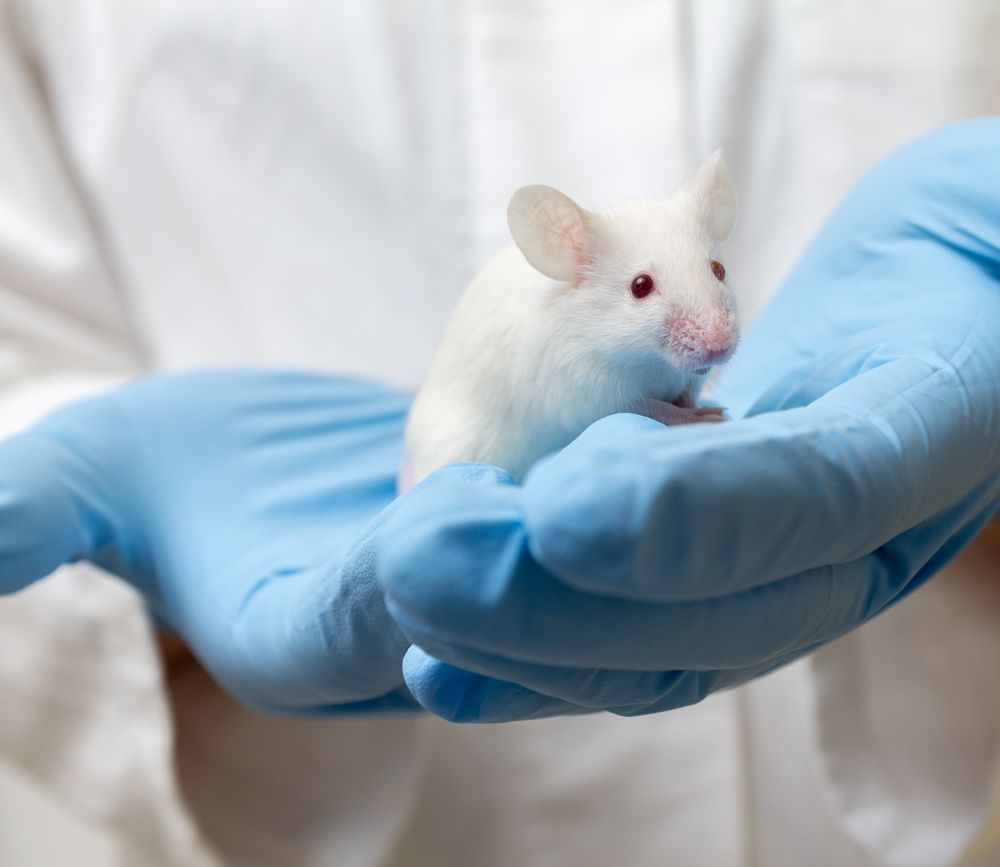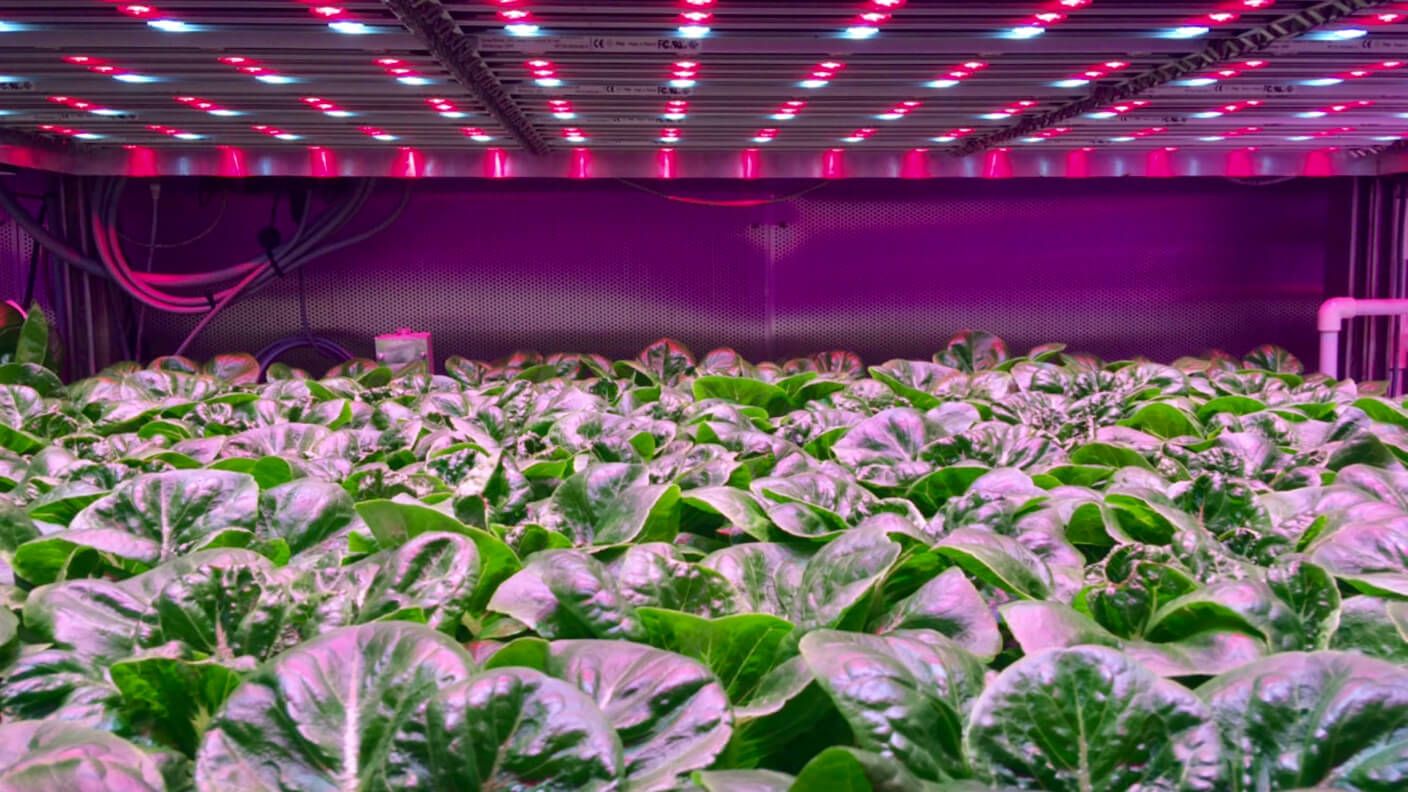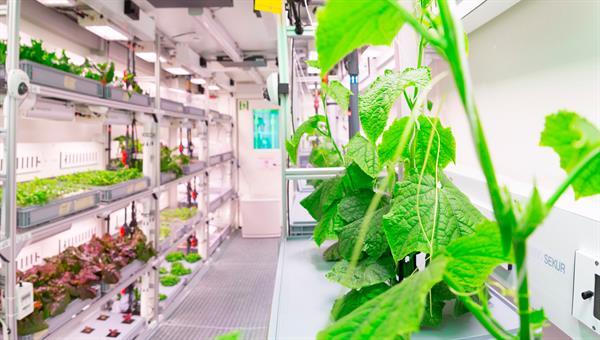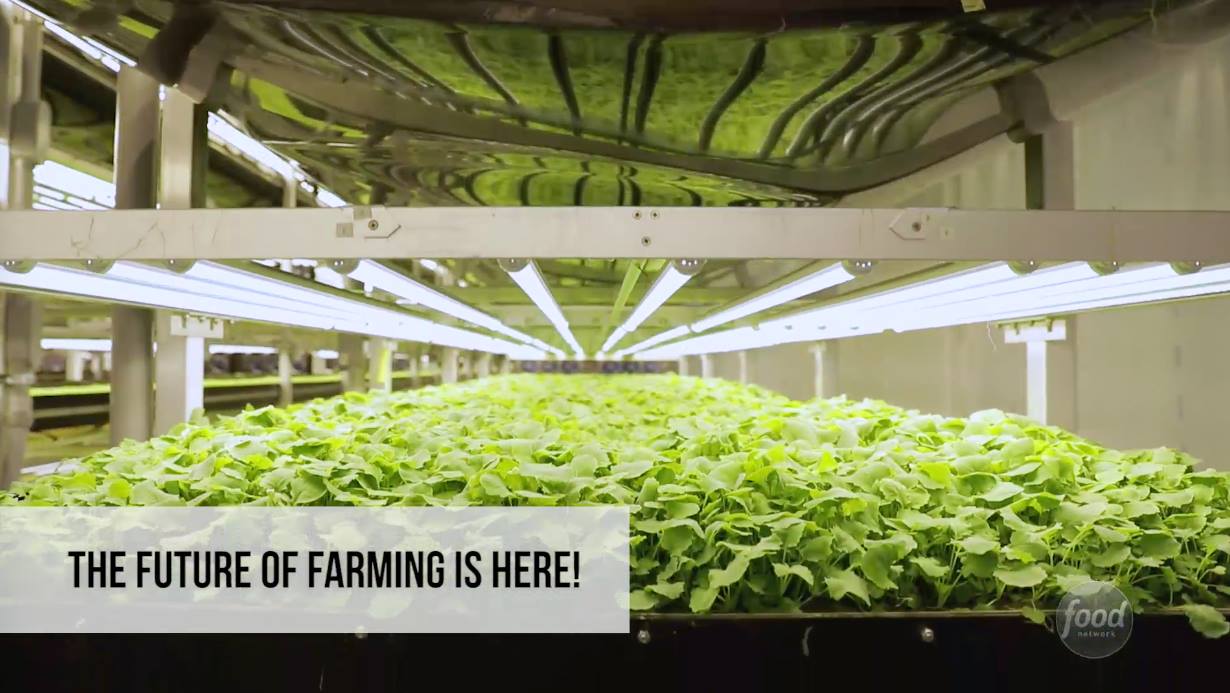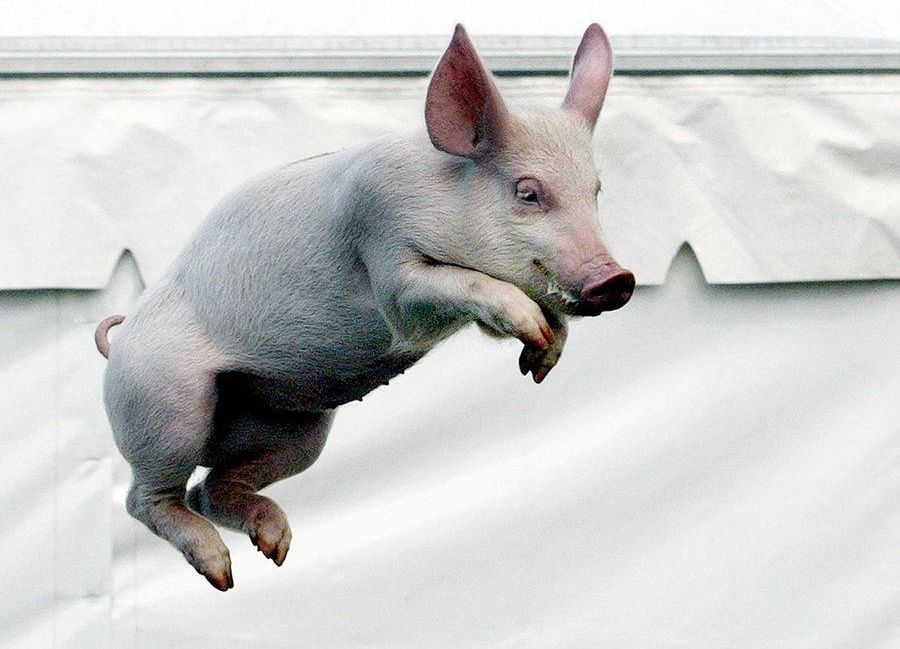
Artificial meat and food may be among our best tools to solve the problems of animal cruelty, feeding a growing population, and (in part) global warming. What do vegans and vegetarians think? In favour of cruelty-free lab-grown meat, or against it by principle?
I often say that I am not a fan of ‘-isms’. Not even those supporting the causes I care for, such as transhumanism. I sympathise with some ‘-isms’ (again, such as transhumanism), but I never consider myself a ‘something-ist’. The reason is that, generally, ‘-isms’ have two problems. The first problem is that they almost always support at least some ideas, or make certain claims, which I disagree with or find too fanciful (certain acceptations of ‘mind uploading’ come to mind, but that’s a story for another post). The second problem is that, if you say you’re a something-ist, people will almost surely assume that you endorse, or believe in, some ideas that are really not your thing, merely because such ideas are either an integral part of the relevant something-ism, or are what people think something-ism is about (which may or may not be true). Not to mention the fact that people often regard the dictionary as the ultimate authority on what ‘real’ something-ism is about, cheerfully ignoring all its variants and flavours (which often blur into mainstream something-ism and each other), whose proponents are usually well persuaded that their own something-ism is the real thing—others just got it wrong.
There’s actually a third problem too. Namely, that if they’re not careful, something-ists who are a bit too zealous might end up putting their ideology before the reasons they embraced it in the first place. Sometimes, this can undermine the very objective something-ists intended to achieve with their embracing the ideology and spreading it left and right.
Continue reading “Artificial meat and the problems of ‘-isms’” »
